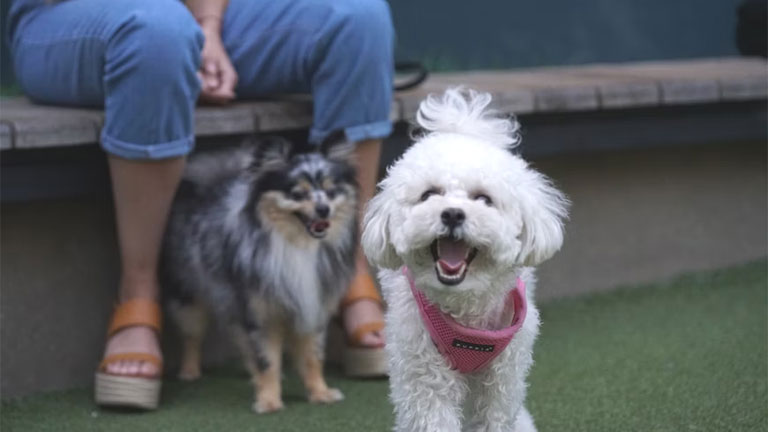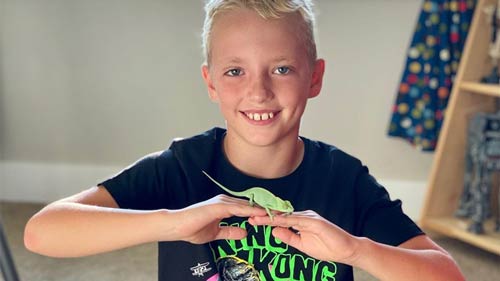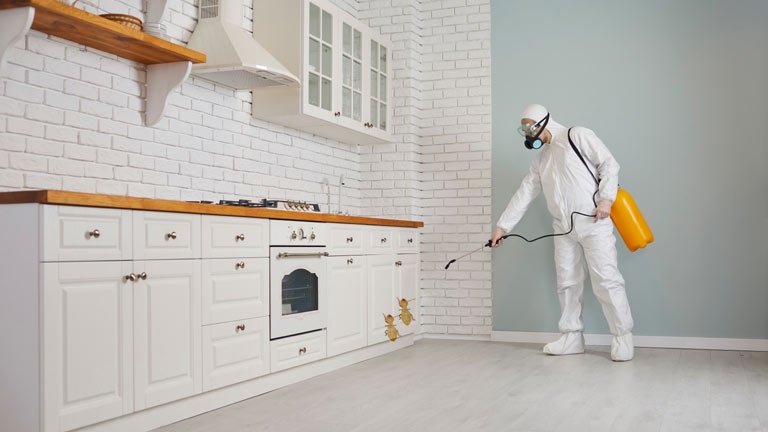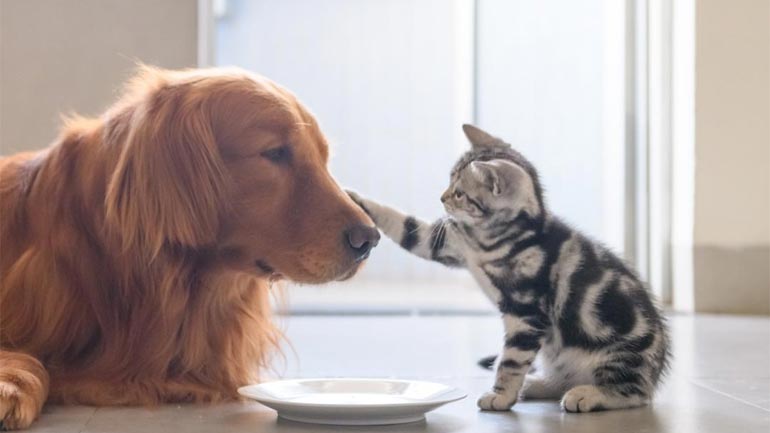
If you’re a new dog owner, one of the most important things you can do is to train your puppy properly. In this blog, we’ll provide you with five essential tips for puppy training that will help make the process easier for you and your furry friend.
Puppy Training 101: A Guide to Basic Puppy Training
“Puppy Training 101 is a comprehensive guidebook that covers the essential skills and techniques needed for basic puppy training, from potty training to leash manners and obedience commands.”
Tip #1: Start with Basic Commands
Basic puppy commands such as “sit,” “stay,” “come,” and “heel” are the building blocks of obedience training. These commands will help your puppy learn to follow your lead and understand what you expect from them. It’s important to be consistent when training your puppy and to use the same commands every time. Additionally, use positive reinforcement techniques such as treats, toys, and praise. Positive reinforcement is an effective way to motivate your puppy to learn and obey. It’s also important to be patient and consistent. It takes time and repetition for your pup to understand what you’re asking them to do.
Tip #2: Be Consistent with Training
Consistency is key when it comes to puppy training. It’s important to establish a routine and stick to it. Consistent training will help your puppy learn faster and retain what they’ve learned. It will also help prevent confusion and frustration on both ends. Consistency also applies to more than just the training schedule. It also means using the same commands, using the same tone of voice, and rewarding your puppy for good behaviour every time. Consistency in training will help your puppy understand what is expected of them and what behaviours are acceptable.
Tip #3: Socialize Your Puppy
Socialization is an important part of puppy training. Socializing your puppies means exposing them to different animals, people, and environments. This will help your puppy learn to be comfortable and confident in various situations. This should start as early as possible. Introduce your puppy to other dogs and people, take them to different places, and expose them to different sounds and sights. It’s important to supervise your puppy during socialization and ensure that they are safe at all times. Socialization can help prevent behavioural problems such as aggression, fear, and anxiety. It also helps strengthen the bond between you and your pup.
Tip #4: Use Positive Reinforcement
Positive reinforcement is an extremely effective way to train your puppy. Positive reinforcement means rewarding your pet for their good behaviour.
This type of reinforcement is more effective than punishment. Punishment can cause fear and anxiety in your puppy and can make training more difficult. Positive reinforcement, on the other hand, motivates your puppy to learn and obey. When doing so, it’s important to reward your puppy immediately after they display good behaviour. This will help your puppy understand what they’re being rewarded for.
Tip #5: Be Patient and Persistent
Being patient and persistent when training your puppy is crucial to its success. Puppies are like babies; they are learning everything for the first time, and they need repetition and consistency to understand what is expected of them. It’s important to remember that your pet will make mistakes, and it’s your job to correct those mistakes gently and consistently. It takes time for your puppy to learn new behaviors, and it’s important to be patient with them and not get frustrated. Persistence is also essential in training your puppy. Consistent training will help your puppy learn faster and retain what they’ve learned. If you’re not persistent with your training, your puppy may become confused and frustrated, making training even more challenging. By being patient and persistent, you’ll be setting your puppy up for success and strengthening your bond with them.
Parting Thoughts
In conclusion, puppy training is an essential part of being a responsible dog owner. Basic commands, consistency, socialization, positive reinforcement, and patience are all key components of successful puppy training. By following these five tips, you’ll be well on your way to raising a well-behaved and obedient furry friend. If you’re struggling with puppy training, don’t hesitate to seek the help of a professional dog trainer or enroll in a puppy training class in Calgary, or your local area. A professional trainer or training classes can provide you with the guidance and support you need to train your puppy properly. Finally, remember to always be kind, patient, and loving towards your puppy during the training process, and you’ll both enjoy the journey of learning and growing together.




